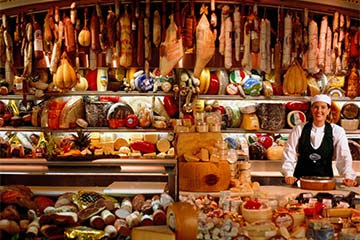The hearings started early western time.
The quail had hardly stirred
from the bougainvillea next door
and the rabbits made
their nervous way through the fence.
Watching seemed an obligation
despite the steamy details
and having no advertisements to interrupt
the way that questioning unfolded
aided concentration
although the cats demanded their usual share
of attention. The Costa’s hummingbird
came and went, came
and went, and the House finches
clung to the feeders
as the sun rose to its zenith
around the time the official lunch break
ended. We still had enchiladas
to eat, and a Bartlett’s pear
each. It was difficult to reconcile
the calm mood here
with the anger onscreen, but there was
laundry to fold away
and dishes to wash, so a lot of it didn’t
register. For once
a commentary was superfluous. The picture
showed a very public private moment
while outside the window
a Say’s phoebe appeared. He flew
to the water shining with sky.
The proceedings took an operatic turn: cry
a little, rage a little, talk
about God. There was chili
for dinner, and a vinyl disc with Monteverdi.
Such music was a fitting end
to the day: passion
rolling its eyes and clutching at the heart
without inhibition, secure
in the knowledge that music would restore
the dignity that evil took away.
David Chorlton was born in Austria, grew up in Manchester, England, and lived in Vienna before moving to Phoenix in 1978. The Bitter Oleander Press published Shatter the Bell in my Ear, translations of poems by Austrian poet Christine Lavant. Reading T. S. Eliot to a Bird is from Hoot ‘n Waddle in Phoenix.

























